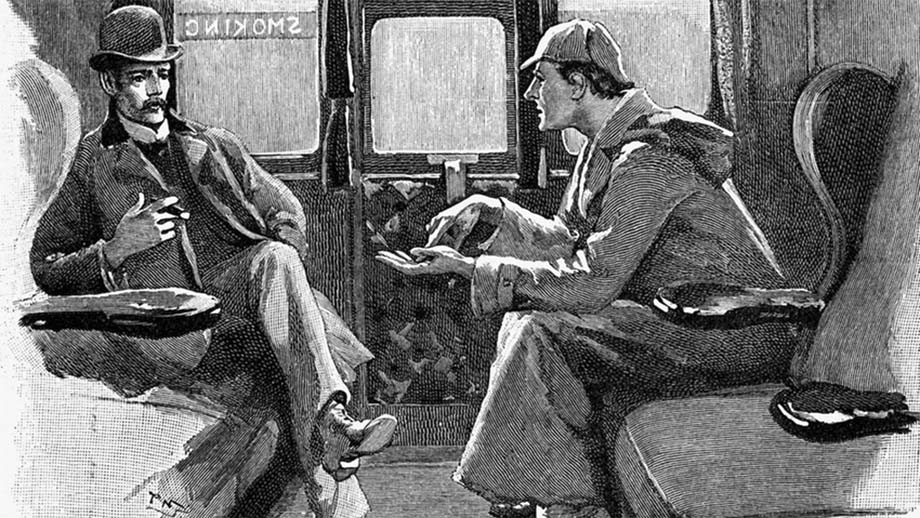
New York New York USA
America - There are a few observations my predecessor, Luther Miller, used to make when he came
across language or statements that he deemed served little purpose: "Making the obvious less
obscure."
"The Pope is a Catholic."
"A solution in search of a problem."
"Add that to your treasure trove of useless information."
I think he'd probably say the same thing about most of the statements the United States Department of Justice (DOJ)
made in two filings about the pending merger of the Canadian Pacific and Kansas City Southern.
DOJ had a lot of things to say about the merger, most of it basically (and repetitively) reminding the Surface
Transportation Board (STB) to perform the job that is its primary function, namely, ensuring that competition is
maintained in the rail industry.
An example:
For an STB 28 Sep 2022 hearing it did not attend in person, DOJ's Antitrust Division wrote, "The applicants (CP
and KCS) argued that the Board should infer that the Antitrust Division does not believe the transaction has the
potential to cause harm. No such inference should be drawn. In its initial comment (on the merger submitted to the STB
in April 2021), the Antitrust Division encouraged the Board to "thoroughly examine the competition concerns raised
by commenters."
That filing made clear, among other things, that the Antitrust Division shares the Board's serious concerns about
increasing consolidation in the industry.
The consolidation of Class I railroads presents substantial concerns, including:
(i) lessened competition among Class I railroads to attract new industry locations;
(ii) reduced incentive to invest in research and implementation of important new technologies such as Positive Train
Control;
(iii) the danger of industry-wide understandings and agreements that become more likely as the industry becomes more
concentrated.
The Antitrust Division emphasizes that the Board should not interpret the Antitrust Division's absence from the Board's
September 2022 proceedings to imply otherwise."
Well, duh, fellas!
Or, as we used to say in high school in the 1970s, "No shit, Sherlock!"
Wait, it gets better:
The transaction "may divert significant volumes of traffic to longer, less efficient routes, and without reducing
rates."
There is "the potential that the merged entity may divert traffic to its own network by using its control over the
Mexican portion of the movement."
The transaction could "give the merged firm additional leverage over competitors by allowing the merged firm to
foreclose competition from other railroads, exert more extensive power over bottlenecks, and threaten the commercial
viability of interchange rates."
Marty Oberman and his STB colleagues are quite capable of figuring this stuff out, don't you think?
The DOJ has better things to do with its time, like prosecuting white-collar criminals and rooting out terrorists, than
trying to tell the STB how to do its job, right?
To quote Sir Humphrey Appleby, "I do see that there is a real dilemma here, in that, while it has been policy to
regard policy as a responsibility of officials, the questions of administrative policy can cause confusion between the
policy of administration and the administration of policy, especially when responsibility for the administration of
the policy of administration conflicts, or overlaps with, responsibility for the policy of the administration of
policy."
Say, if you folks at the DOJ are looking for something fun to do, there might be a few non-classified papers stuffed
into the unlocked glove compartment of my car, sitting outside my house (I don't have a garage).
Go for it!
William C. Vantuono.
(likely no image with original article)
(usually because it's been seen before)
provisions in Section 29 of the
Canadian Copyright Modernization Act.

